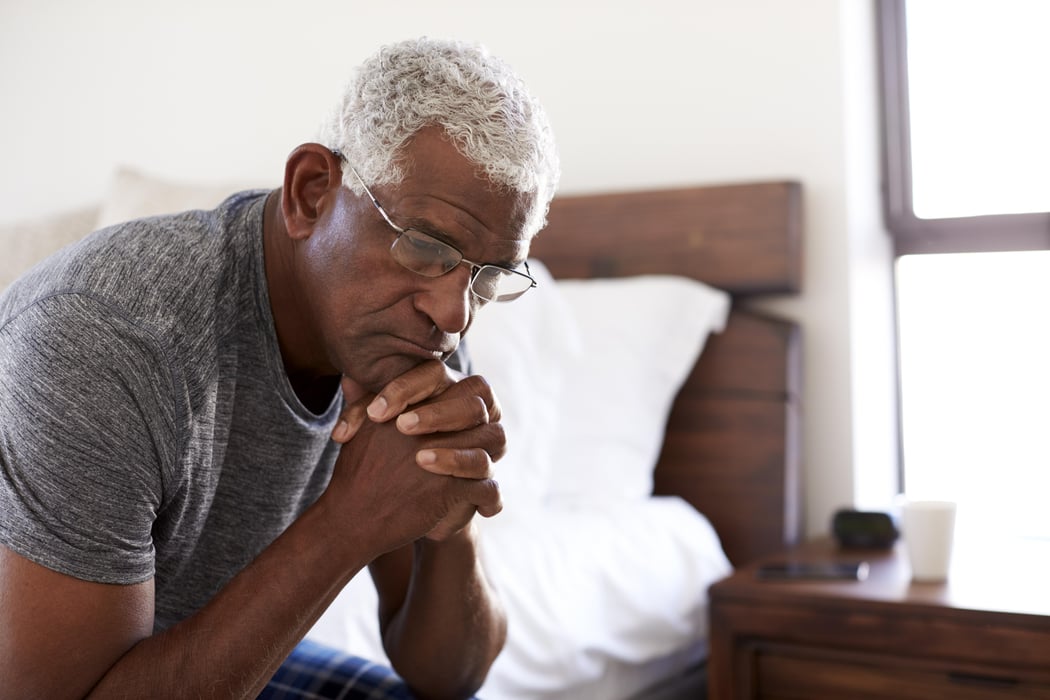Neurostimulation Methods Compared for Treating Depression in Seniors

WEDNESDAY, Sept. 28, 2022 (HealthDay News) -- Bilateral theta burst stimulation (TBS) is noninferior to standard bilateral repetitive transcranial magnetic stimulation (rTMS) for treatment-resistant depression in older adults, according to a study published online Sept. 21 in JAMA Psychiatry.
Daniel M. Blumberger, M.D., from the Temerty Centre for Therapeutic Brain Intervention at the University of Toronto, and colleagues conducted a randomized noninferiority trial to examine the effectiveness and tolerability of TBS (85 patients) versus standard rTMS (87 patients; four to six weeks of bilateral treatment) in older adults (mean age, 67.1 years) with treatment-resistant depression.
The researchers found that mean Montgomery-Åsberg Depression Rating Scale total scores improved from 25.6 to 17.3 for rTMS and 25.7 to 15.8 for TBS (adjusted difference, 1.55), establishing noninferiority for TBS. All-cause dropout rates were similar between the groups (2.3 and 7.1 percent for rTMS and TBS, respectively).
"To our knowledge, we report on the largest randomized clinical trial of nonconvulsive neuromodulation in older adults with treatment-resistant depression. For these patients, our findings provide strong evidence that TBS is noninferior to standard rTMS in reducing depressive symptoms," the authors write. "Using TBS rather than rTMS could increase access to treatment several-fold for older adults with treatment-resistant depression."
Several authors disclosed financial ties to the pharmaceutical industry.
Related Posts
El impacto del racismo podría ralentizar la recuperación tras un ataque cardiaco
MARTES, 1 de noviembre de 2022 (HealthDay News) -- La discriminación no solo...
Las células T inmunitarias aún pueden luchar contra las variantes de la COVID, ¿pero por cuánto tiempo?
LUNES, 5 de diciembre de 2022 (HealthDay News) -- Aunque las células T del...
Las tasas de cáncer de útero han estado en aumento, y un nuevo estudio sugiere el motivo
VIERNES, 6 de mayo de 2022 (HealthDay News) -- Las muertes por cáncer de útero...
